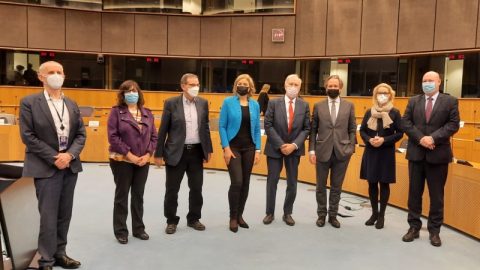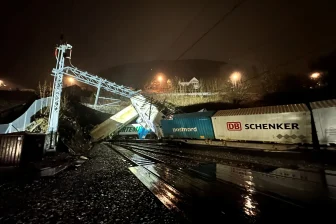
1.4 billion of CEF fund to Rail Baltica
source: https://twitter.com/2021PortugalEU/status/1370120071239118857/photo/1
A total of 1.56 billion euros of the transport budget of the new Connecting Europe Facility (CEF) 2.0 for the period 2021-2027 will finance rail projects between cohesion countries in Europe. The Rail Baltica project will receive the majority of 1,4 billion euros. The European Parliament and Council reached a provisional agreement on the EU funding scheme last week.
Want to read more?
You have read all of your free premium articles for this month. Please become a subscriber to keep reading.
Subscribe now!
Take advantage of our exclusive offer to get full access to all premium content.



